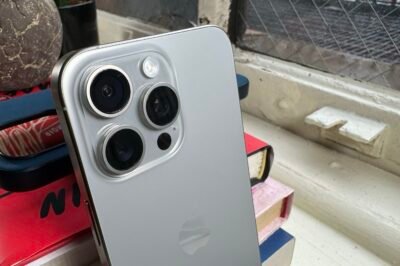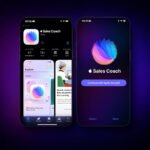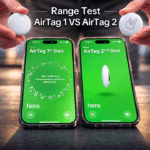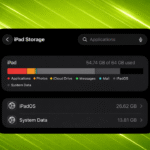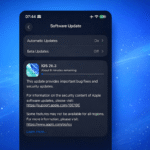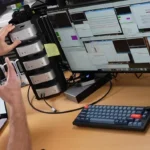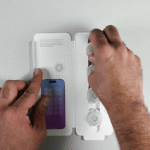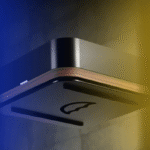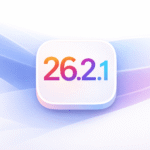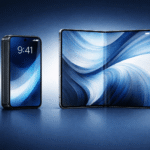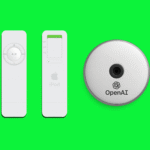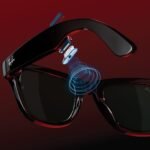Capturing the celestial dance of a solar eclipse on an iPhone can be tempting for astronomy enthusiasts and casual observers alike. With advancements in smartphone technology, iPhones have become capable tools for photography. However, photographing a solar eclipse presents unique challenges and raises questions about potential damage to the device.
To answer the question: Yes, but with caution. The intense light of the sun can harm the iPhone’s camera sensor, especially if you aim directly at the sun for an extended period. The key concerns include overheating and potential permanent damage to the lens and sensor.
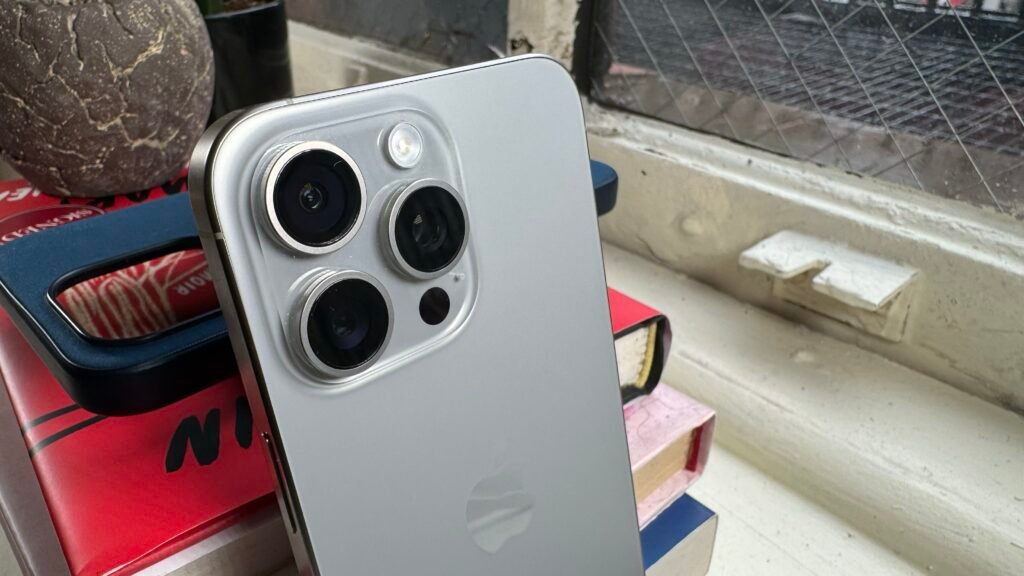
The latest iPhones use advanced CMOS sensors and a series of precision lenses designed to capture detailed images under various lighting conditions. These lenses are coated with anti-reflective materials to improve image quality, while the sensors are engineered to be highly sensitive to light for low-light photography. However, the intense light of a solar eclipse can overwhelm these sensitive components.
What are the main risks with shooting a solar eclipse?
- Overheating: Prolonged exposure to the sun’s rays can cause the iPhone to overheat, leading to temporary or permanent damage.
- Sensor Damage: The concentrated solar rays can burn the sensor, causing pixel loss or dead pixels that permanently mar images.
- Lens Damage: Although less susceptible, the lens coating can deteriorate under intense solar exposure, affecting image quality.
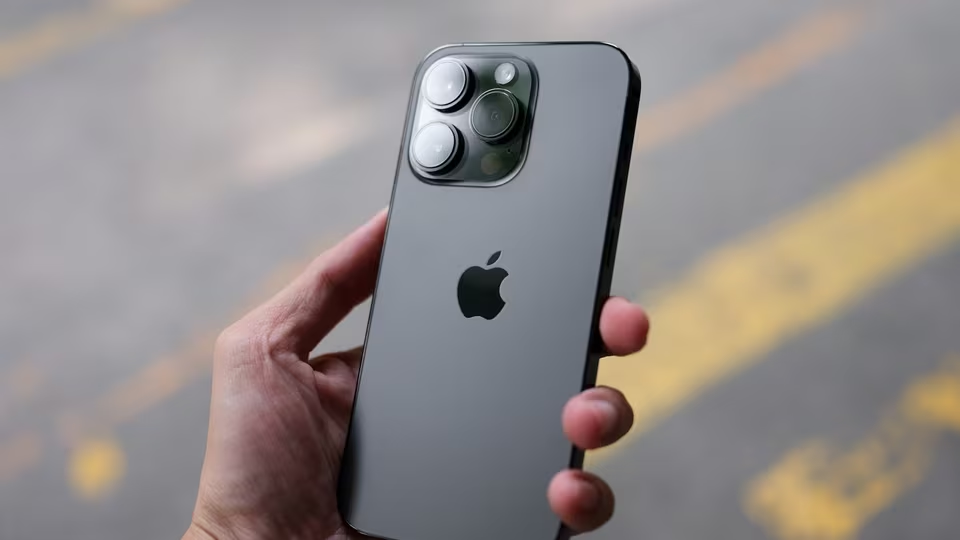
What should you do to ensure no damage to your iPhone?
- Use a Solar Filter: Attach a solar filter over the iPhone’s lens to protect the camera from the sun’s harmful rays.
- Limit Exposure: Keep the photography sessions short to prevent overheating and sensor damage.
- Monitor Temperature: iPhones will display a temperature warning if they get too hot. If this happens, move the phone to a cooler place immediately.
In conclusion, while iPhones are capable of capturing a solar eclipse, it’s crucial to take protective measures. Using a solar filter and limiting direct exposure will help safeguard your device, allowing you to capture this astronomical event without risking damage.
